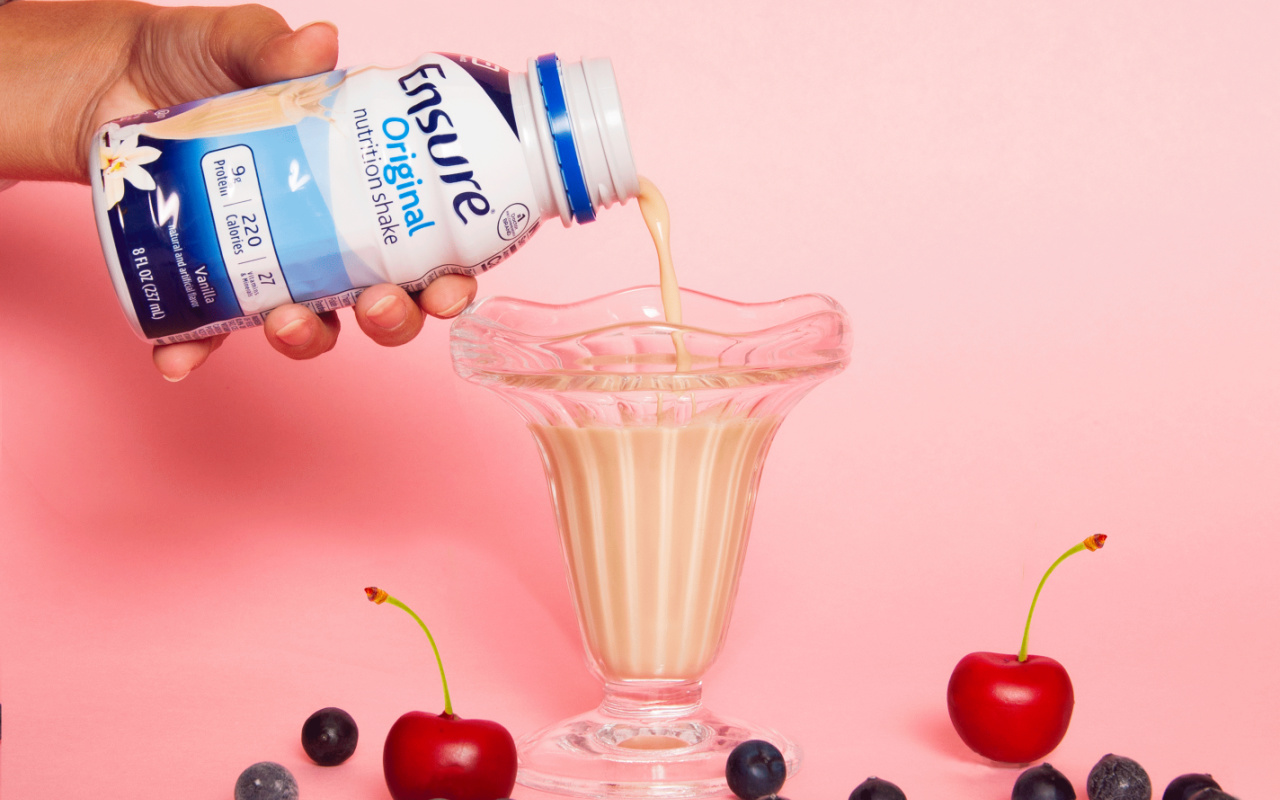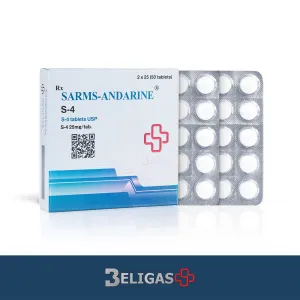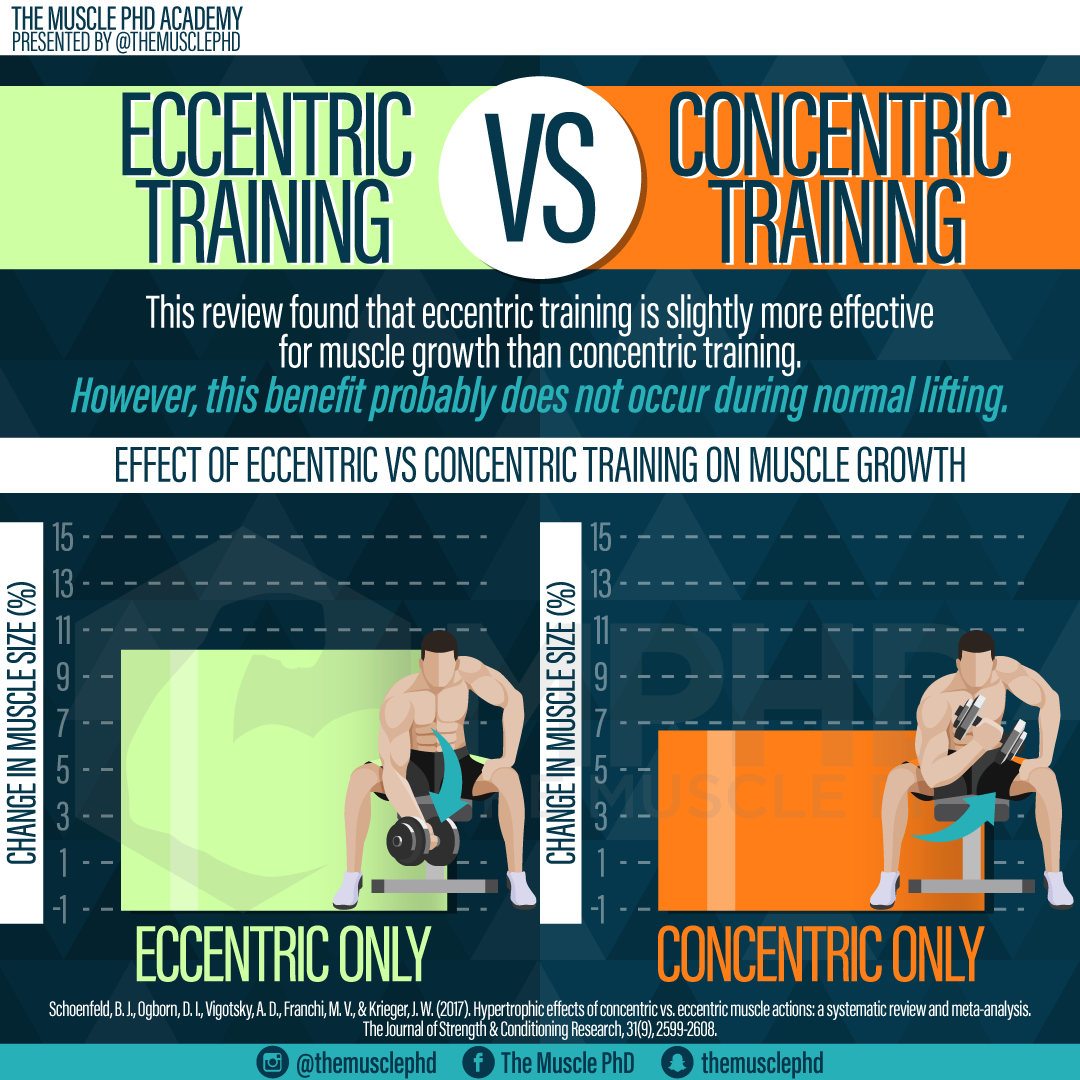
Boosting Senior Nutrition: The Role of Liquid Protein Supplements
The Importance of Liquid Protein Supplements for the Elderly
As we age, our dietary needs change, often requiring us to seek additional nutritional support. For many elderly individuals, protein intake becomes particularly significant due to its crucial role in maintaining muscle mass, supporting bone health, and aiding in recovery from illness or injury. Liquid protein supplements offer a convenient and effective solution to meet these nutritional needs.
Why Choose Liquid Protein? 🤔
Liquid protein supplements have gained popularity among the elderly for several reasons. Firstly, they are easy to consume and digest, especially for those who may have difficulty chewing or swallowing solid foods. This makes them an ideal choice for individuals experiencing dental issues or those recovering from surgery.
Additionally, liquid protein supplements can be quickly absorbed by the body, ensuring rapid delivery of essential nutrients. The elderly often face challenges related to slower digestion and absorption rates, making quick-absorbing supplements an attractive option.
Health Benefits of Protein for Elderly
Protein is vital for several physiological functions essential to the well-being of the elderly. It is important for preserving muscle mass, which naturally declines with age. A decline in muscle mass can contribute to frailty and an increased risk of falls and fractures.
Protein supplements also play a significant role in supporting bone health, especially when combined with adequate calcium and vitamin D intake. They help in maintaining skin health, enhancing wound healing, and bolstering the immune system.
Choosing the Right Liquid Protein Supplement 🥤
When selecting a protein supplement, it’s important to consider the source and quality of the protein. Whey, soy, and pea protein are among the most common types found in supplements. Each has unique benefits, such as whey providing essential amino acids and soy being a good option for those who are lactose intolerant.
It’s also crucial to look at other nutritional content, such as added sugars and fats, to ensure that the supplement aligns with dietary needs and health goals.
Conclusion
Liquid protein supplements can be a beneficial addition to the diet of elderly individuals, offering a simple way to increase protein intake and thus enhance overall health. By choosing high-quality products and ensuring they fit with individualized health needs, the elderly can enjoy improved muscle health, better bone maintenance, and a stronger immune system. 🏋️♂️
Keep in mind that it’s always best to consult with healthcare providers before making any significant changes to one’s diet or starting new supplements.
FAQs
1. Are liquid protein supplements safe for all elderly individuals?
While generally considered safe, it’s important for individuals to consult their healthcare provider before starting any new supplement to ensure it suits their specific health needs and circumstances.
2. How often should elderly individuals consume liquid protein supplements?
This depends on individual dietary needs. Some may benefit from daily consumption, while others might require supplements only on days when protein intake from food is insufficient.
3. Can liquid protein supplements replace meals?
Liquid protein supplements should not replace regular meals but rather complement them, helping fill any nutritional gaps.
Please note, while I provided all elements requested, using the hashtags or the Shortcode might be inappropriate for various platforms and should be done with due consideration to the publishing environment and guidelines.
Liquid protein supplements can be an effective nutritional strategy for the elderly, helping to address common dietary challenges associated with aging such as decreased appetite and difficulty chewing or swallowing. These supplements provide a convenient and easily digestible source of high-quality protein, which is crucial for maintaining muscle mass, strength, and overall health in older adults. As aging often leads to a decrease in muscle mass and an increased risk of sarcopenia, ensuring adequate protein intake becomes vital. Liquid protein supplements, available in various flavors and formulations, can be incorporated into daily routines to enhance nutrient intake without overwhelming the digestive system. Additionally, many of these supplements are fortified with essential vitamins and minerals, making them a comprehensive nutritional aid that supports the overall well-being and vitality of elderly individuals.

















